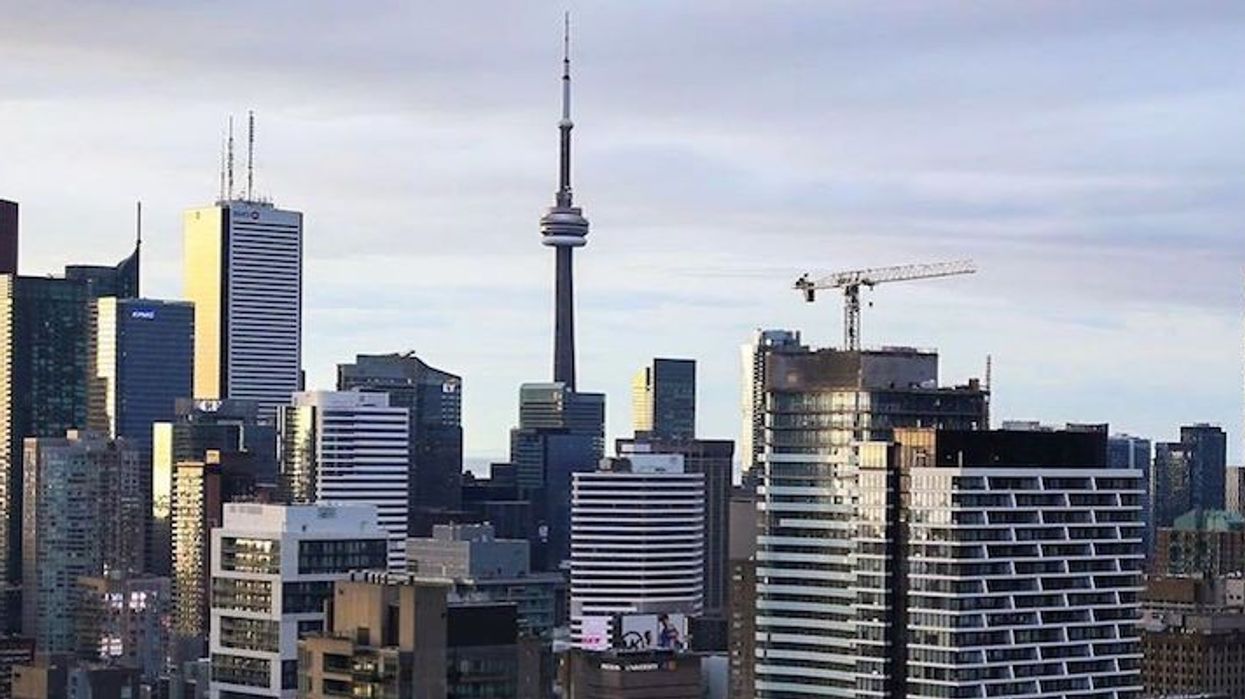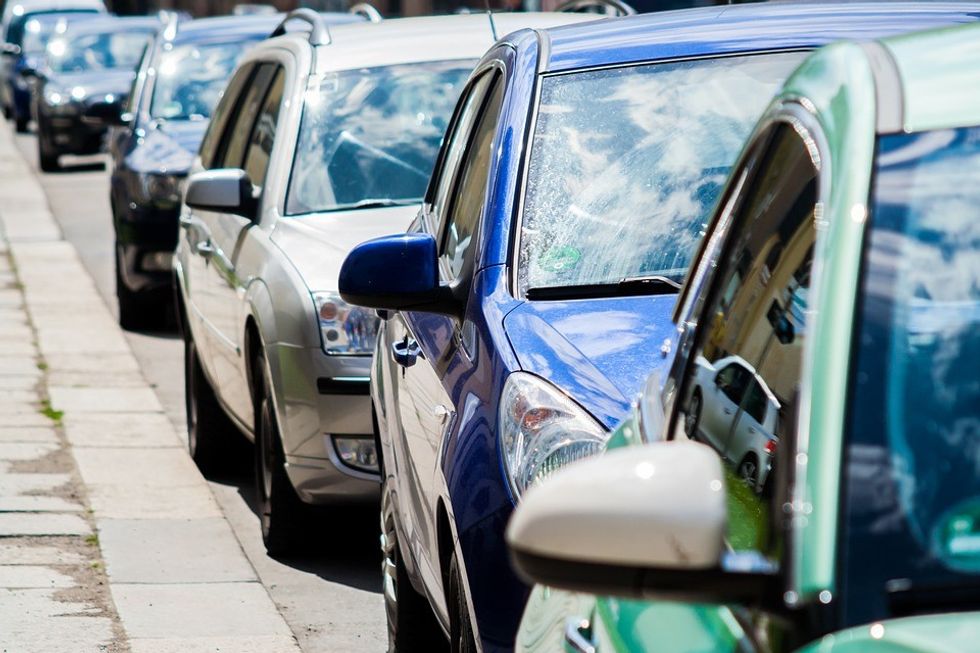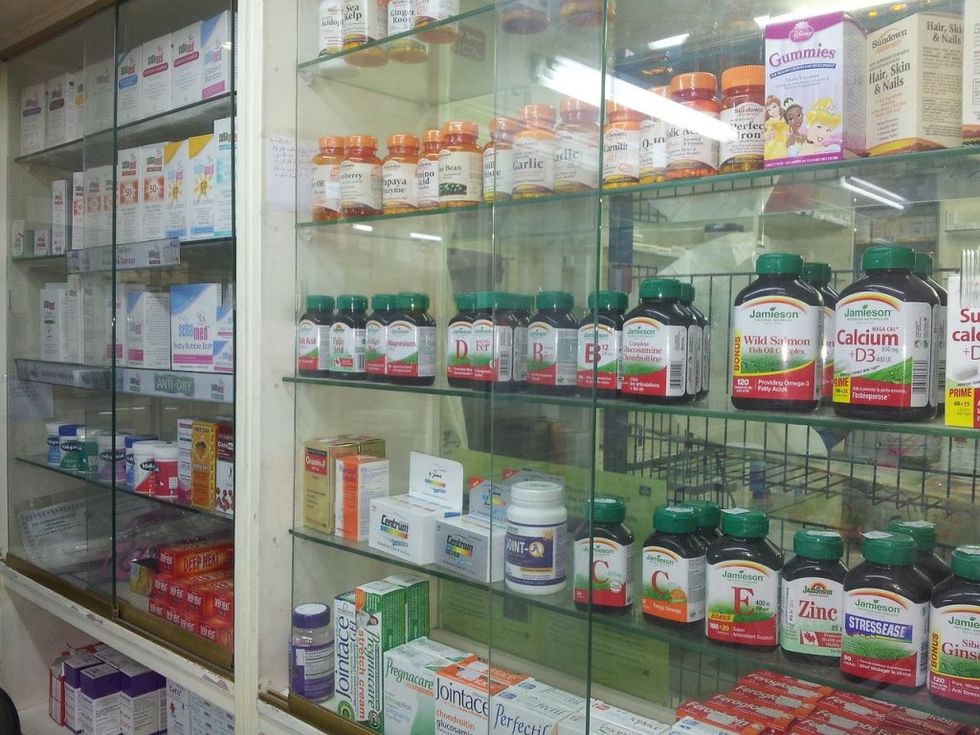If you’re in your 30s and have purchased or leased a home in the past five years, you know firsthand just how expensive Toronto has become.
Hell, even if you haven’t purchased or leased in the last five years, you know.
Not to add insult to injury, but a recent report just revealed that it now costs more to live in Toronto than it does in historically pricey cities like London and San Francisco. That said, there is some good news; namely that the city is full of dollars to make, with an abundance of career opportunities for those ambitious enough to take them.
READ: How Much Money You Need to Live in Downtown Toronto in Your 30s (with Kids)
READ: How Much Money You Need to Live in Downtown Toronto in Your 20s
Unlike your 20s – a time when more people are on the same playing field, in similar life stages and pay brackets – your 30s come with a bit of a mixed bag of personal situations and circumstances. Some people have already morphed into their parents, with a family and mortgage of their own, while others are living the bachelor/bachelorette dream and taking full advantage of their corporate accounts, the vibrant city, and the freedom to party like they may not be here tomorrow. Some have become self-made success stories, while others are barely scraping by.
With this in mind, we’ve crunched the numbers to reveal an estimate of the minimum you need to live an average lifestyle in your 30s (with a modest vacation fund). Keep in mind, that these numbers reveal the amount you need to live alone. If kids are part of the equation, you’ll find your (much higher) figure here.
Housing

While having a roommate can be a strategic move financially, by the time our 30s roll around, most downtown professionals have come to value personal space. While home ownership – whether a condo or house – has traditionally been seen as a milestone to reach by your 30s, Toronto’s sky-high real estate prices, coupled with the fact that rent prices in recent years have made it difficult to save for a down payment, have made this somewhat of a pipe dream for some.
According to rentals.ca, the average cost to rent a one-bedroom apartment in Toronto is now $2,314.00 per month. Of course, you can’t forget utilities, which are, on average, $138.88 monthly on top of that. If you’ve somehow managed to come up with a down payment on a $618,000 condo (the average cost of one in Toronto these days) and paid the land transfer taxes, title insurance, and legal fees, you can expect your monthly mortgage expenses to be about $2,550 if you’ve out 20% down (approximately $123,000), according to TD's online mortgage calculator. This figure was calculated with an assumed three-year fixed rate of 3.19% and included mortgage life insurance for a 35-year-old. Keep in mind, that doesn’t include condo fees, which can cost about $386.60 per month on a 594 sq. ft. one-bedroom unit (the plus side is this covers most utilities).
You can’t forget about Internet ($66.98) and a Netflix Account ($13.99). Let’s be honest: You likely have an Amazon Prime account as well ($7.99). These costs will add another $88.96 to your bill.
Renting: $2,541.84
Owning: $3,025.73
Total housing cost average: $2,787
Transportation
By the time you’re in your 30s, the newfound disposable income you’ve earned (no matter how small) means you have options in the transportation department. If you “rely” on public transport as part of the daily grind, it makes the most economic sense to purchase a 12-month Presto Pass for $134.10 per month, which offers unlimited access.
By the time you’re comfortably in your 30s, you have less time than ever to waste. In this respect, taking an Uber or a taxi can make more sense than public transportation at times. Assuming the average Uber or Lyft ride in the downtown core is $12 and the average 30-something taps that ride share app (a modest) ten times a month, you can allocate $120 per month for your Uber/Lyft budget. Add this cost to the Presto Pass, and you’re looking at approximately $250 per month to get from point A to point B (C,D,E, and F). If you don’t drop dollars on a Presto Pass, the amount you’re likely spending on ride share is higher, so the figure is likely comparable. (*This figure is vastly reduced for the brave cycling set and those who are able to walk to work.)
For the purpose of this breakdown, let’s assume you hold off on actually buying a car until you have a family and it’s needed (understanding, again, that everyone’s situation is different). With a car, however, you’re looking at $772 per month.
“You can have a car without having a car in the city now; there are so many car-sharing apps you can use. People don’t need to think about car ownership in the same way they did ten or fifteen years ago,” said Toronto financial expert Rubina Ahmed-Haq. If you are going to take the car route, she suggests buying a car that’s a few years old.
Total transportation cost (no car): $250
Groceries
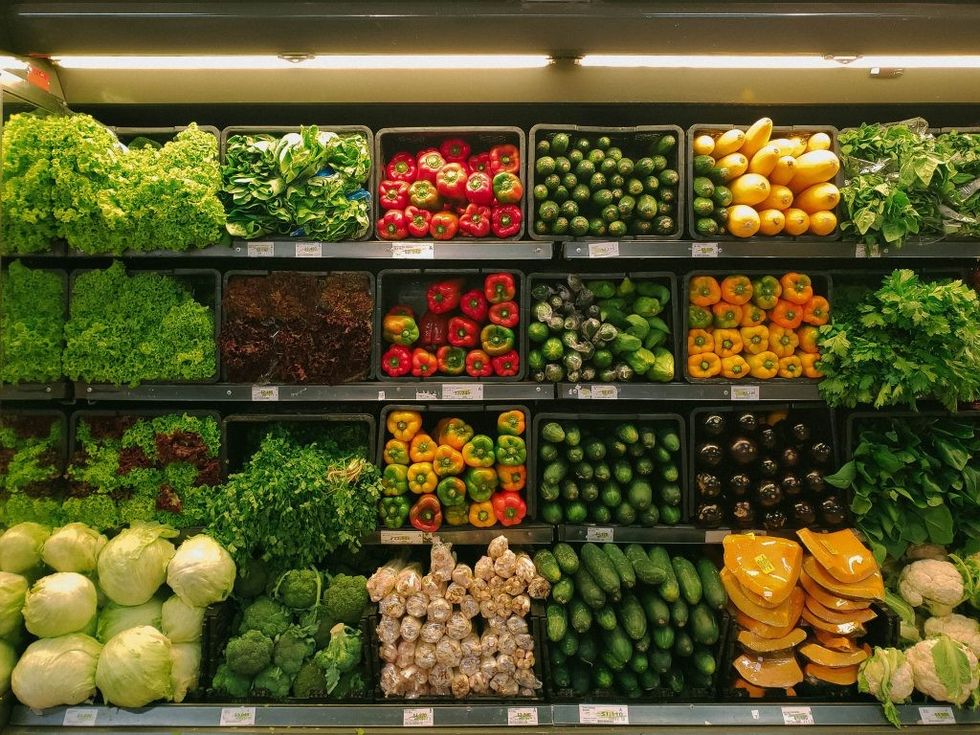
By your thirties, you develop a whole new appreciation for cooking at home once one restaurant blends into another. According to the City of Toronto’s Nutritious Food Basket cost calculator, a male aged 31-50 should typically spend $307 per month on groceries, while a female of the same age should spend about $261 per month. This works out to an average of $284 of monthly grocery store bills for the average 30-something person living alone.
“Never go grocery shopping without a list. Studies have proven that when you make a list, you automatically spend 23% less,” said Ahmed-Haq. “You’re more focused in your spending and what you already have at home in terms of making a meal, as opposed to going to the grocery store and trying to buy everything for the week, sometimes duplicating stuff you have in your fridge. Definitely shop through the flyers and buy when it’s on sale. You’ll always be ahead if you stick to the sale items.”
Total groceries cost: $285
Dining Out
Just as many grow to appreciate staying in and cooking in your 30s, dining out also takes on a new meaning when, unlike much of your 20s, you can actually afford a meal in a decent restaurant (getting a reservation may be a different story). According to Numbeo.com, the average cost of a three-course meal at a moderately priced restaurant in Toronto is $40 per person. Add a few drinks on there (at a relatively modest $8 a pop), and you can expect to drop about $56 before tax and tip, and about $75 with tax and an 18 % tip. If you dine out four times a month, this will add up to $300.
As hard as you may try, there are going to be days when you’re going to have to grab lunch (or dinner) on the go. Assuming each time this costs you $12 and this occurs five times a month, you’ll need to set aside $60 each month.
Dining out cost: $360

Drinks
Just because you may have more responsibility than you did in your 20s (or maybe not), it doesn’t mean that the party stops once you reach your dirty thirties. In our “work hard, play hard culture,” it’s all about balance. No matter where you go in the city, it’s safe to say that the average cost of a drink is at least $10 in most Toronto spots. If you go out with “the guys,” or “ladies” three times a month and have three drinks each time – plus tip – you should set aside $105 per month to spend on getting a mild buzz at a Toronto establishment.
Let’s also assume that you buy two bottles of wine (at an average cost of $16 each) and two six-packs of beer per month (at an average cost of $15 each). This will add up to $62.00 per month.
Total drinks cost: $167
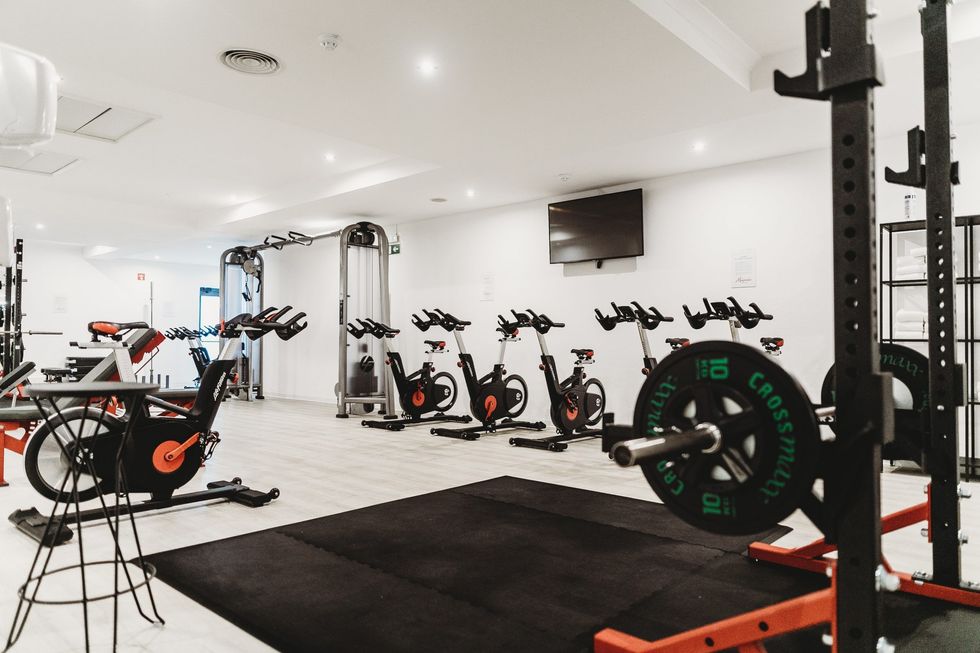
Health and Wellness
In today’s climate, most young people would consider health and wellness more of a necessity than ever before. Unless you have a gym in your condo, a gym membership or yoga class pass is pretty essential. According to Numbeo.com, the average cost of a gym membership in Toronto is $53 – a figure that may rightfully seem low to the F45 and yoga studio set. While there are gym memberships for as little as $20-$30 per month, many young professional 30-somethings spend over $100 per month on their fit body cause. So, let’s just agree that the average 30-something likely spends $70 on fitness.
Total health and wellness cost: $70
Personal Care and Household Items
By now, you’ve come to realize how the drug store tab for things like soap, dish and laundry detergent, cleaning products, shampoo, conditioner, shaving cream, tampons, razors, toothpaste, toilet paper, and skin care products quickly adds up. Let’s not forget that your 30s is also a time that pricier, age-combatting serums and creams are added to the mix. While this amount can understandably vary between people and genders, it’s safe to assume that the minimum you’ll spend on such things as a single person is about $45 per month.
Total personal care and household items cost: $45
Phone
Based on packages from major providers Rogers and Bell, the average phone bill for a 4 GB plan with unlimited texting and calls within Canada will dent the wallet by about $90 per month.
Total phone cost: $90
Extras
Whether it’s a surprise computer repair, a broken home appliance, a pricey prescription, or a last-minute flight, unexpected extras inevitably pop up – whether you have a child or not. Then there are things like the clothes on your back, haircuts, concert tickets, birthday and baby shower gifts (for others), and anything else that isn’t essential to live, but nice to have. The average cost of extras is estimated at around $200 per month for single 30-somethings.
Total extra cost: $200
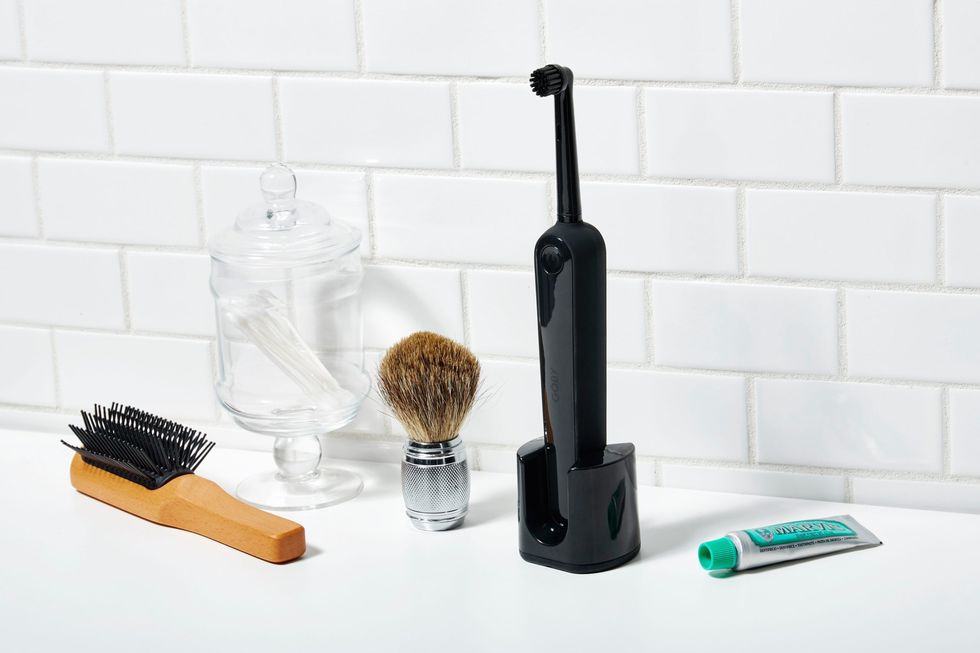
Vacation
By your 30s, you come to realize the value of investing in vacations – even if this involves a handful of local weekend getaways or staycations per year – when it comes to work/life balance and mental health. Assuming a weeklong vacation with flights will typically set you back between $1500-2000, you should try to allocate at least $150 per month to that vacation fund.
Total vacation cost per month: $167
Monthly Breakdown
Housing: $2,787
Transportation (no car): $250
Groceries: $285
Dining Out: $360
Drinks: $167
Health and Wellness: $70
Personal Care: $45
Phone: $90
Extras: $200
Vacation: $150
TOTAL:
Monthly: $4,405
Yearly: $52,860
That means you need to make a minimum annual salary of approximately $71,000 before taxes to bring home a yearly income of $53,381 per year. This doesn’t include the ability to save for a rainy day though, as it leaves you with just $345 of wiggle room for the year (so don’t spend it all in one place).
Keep in mind, if you rent, have roommates, and/or eat-in every night of the week, there's a lot of room to save and cut corners. This is simply intended to offer insight into the average cost many professionals in their 30s are facing when trying to live in downtown Toronto... and have any fun at all.
